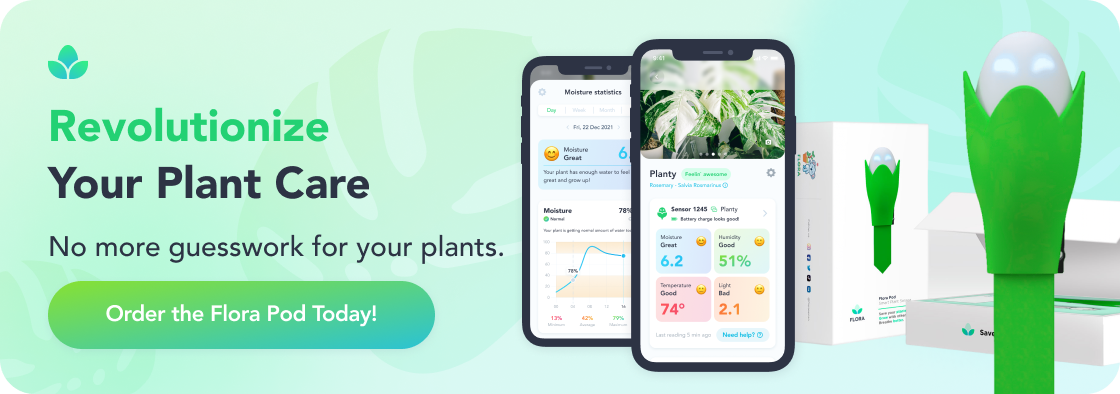Nurturing Growth: A Comprehensive Guide to Fiddle Leaf Fig Soil

Welcome, plant enthusiasts and aspiring green thumbs, to the intricate world of fiddle leaf figs and their soil's pivotal role in fostering optimal growth. In this detailed exploration, we will delve into the nuances of fiddle leaf fig soil, discussing key considerations and best practices for creating an environment that encourages these majestic plants to thrive.
Understanding the Unique Needs
The journey into the realm of fiddle leaf figs begins with understanding their unique soil requirements. Fiddle leaf fig soil must strike a delicate balance, providing the necessary nutrients while ensuring proper drainage for these finicky plants.

Composition Matters
Crafting the ideal fiddle leaf fig soil involves a thoughtful blend of components. A mix of peat moss, perlite, and a well-draining potting mix creates an environment that mirrors the fig's native habitat. This composition ensures nutrient richness and the aeration necessary for the roots to breathe and flourish.
The Role of Drainage
One cannot overemphasize the significance of proper drainage in fiddle leaf fig soil. Excessive moisture around the roots can lead to root rot, a common woe for these plants. Including elements like perlite or orchid bark in the soil mix facilitates adequate drainage, safeguarding your fiddle leaf fig from potential water-related issues.
Fertilizing for Nutrient Boost
While discussing fiddle leaf fig soil, it's crucial to touch upon the role of fertilization. Choosing a balanced, water-soluble fertilizer can complement the soil's nutrient profile, providing essential elements for robust growth. Remember to follow a regular fertilization schedule, particularly during the growing season, to support your fig's vitality.
Repotting Considerations
The lifecycle of your fiddle leaf fig may necessitate repotting, a crucial aspect that involves addressing the soil. During this process, inspect the root system for signs of distress or overgrowth and refresh the soil mix to maintain its nutrient density.

Best Practices for Fiddle Leaf Fig Soil
Navigating the vast landscape of fiddle leaf fig soil involves following some best practices. Ensure that the potting mix is well-aerated, consider adding organic matter to boost fertility, and be vigilant about maintaining proper moisture levels without risking waterlogged conditions.
Troubleshooting Soil Issues
Despite our best efforts, challenges may arise in fiddle leaf fig soil. Whether it's issues related to drainage, nutrient deficiency, or pests, prompt identification and intervention are vital. Regularly inspect your plant for signs of stress and adjust the soil conditions accordingly.
Sumptuous Rewards of Proper Soil Care
As you invest time and attention into crafting the perfect fiddle leaf fig soil, the rewards are bound to be sumptuous. Healthy, vibrant leaves, robust growth, and the sheer aesthetic pleasure of a thriving fiddle leaf fig are the delightful outcomes of your soil nurturing efforts.
The soil is the foundation for success in the intricate tapestry of fiddle leaf fig care. By understanding the unique needs, crafting a balanced composition, emphasizing drainage, incorporating fertilization, considering repotting, adopting best practices, and troubleshooting issues, you pave the way for a flourishing fiddle leaf fig.
May your soil be fertile, your leaves be lush, and your journey with these majestic plants be filled with growth and greenery. Happy planting!
Fern's Leafy Learnings
Unique Soil Requirements: Fiddle leaf figs need soil that balances nutrients and drainage, mirroring their natural habitat for optimal growth.
Soil Composition: A mix of peat moss, perlite, and well-draining potting mix is ideal, providing both nutrient richness and necessary aeration.
Importance of Drainage: Adequate drainage, achievable through elements like perlite, is critical to prevent root rot and maintain healthy root conditions.
Fertilization Role: Regular use of a balanced, water-soluble fertilizer enhances the soil's nutrients, supporting the fig's vitality, especially during the growing season.
Repotting and Troubleshooting: Repotting offers an opportunity to refresh the soil and address root health. Vigilance in soil condition is key to identifying and resolving issues like nutrient deficiencies or pests.
Flora Pod™ is featured on Shark Tank!

5 Signs Your Houseplant Needs Repotting Now
Mar 02, 2026
6 Anthurium Benefits You Didn't Know About
Mar 02, 2026

How to Prune Your Houseplants Before Spring Growth Season
Mar 02, 2026

10 Best Houseplants for Spring Repotting Success
Mar 02, 2026

Can ZZ Plants Survive in Low Light Conditions?
Mar 02, 2026

5 Critical Pre-Spring Pruning Tips for Houseplants
Mar 02, 2026

Can Succulents Survive Winter Outdoors in Your Climate Zone?
Mar 02, 2026

Which Houseplants Are Toxic to Cats and Should You Avoid Them?
Mar 02, 2026





